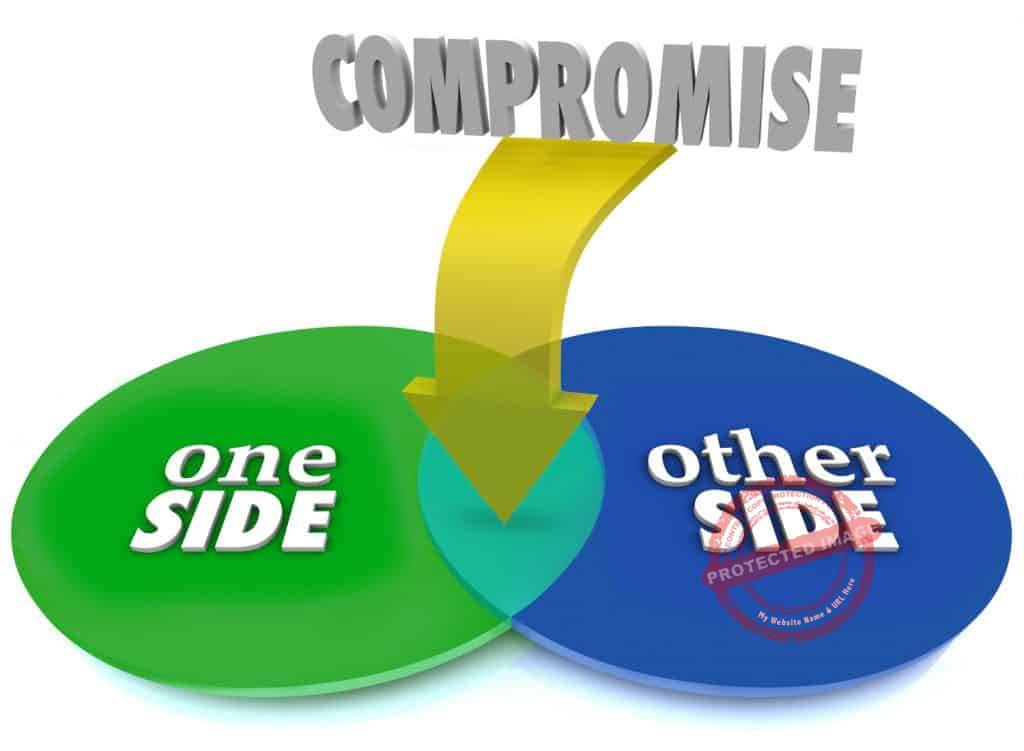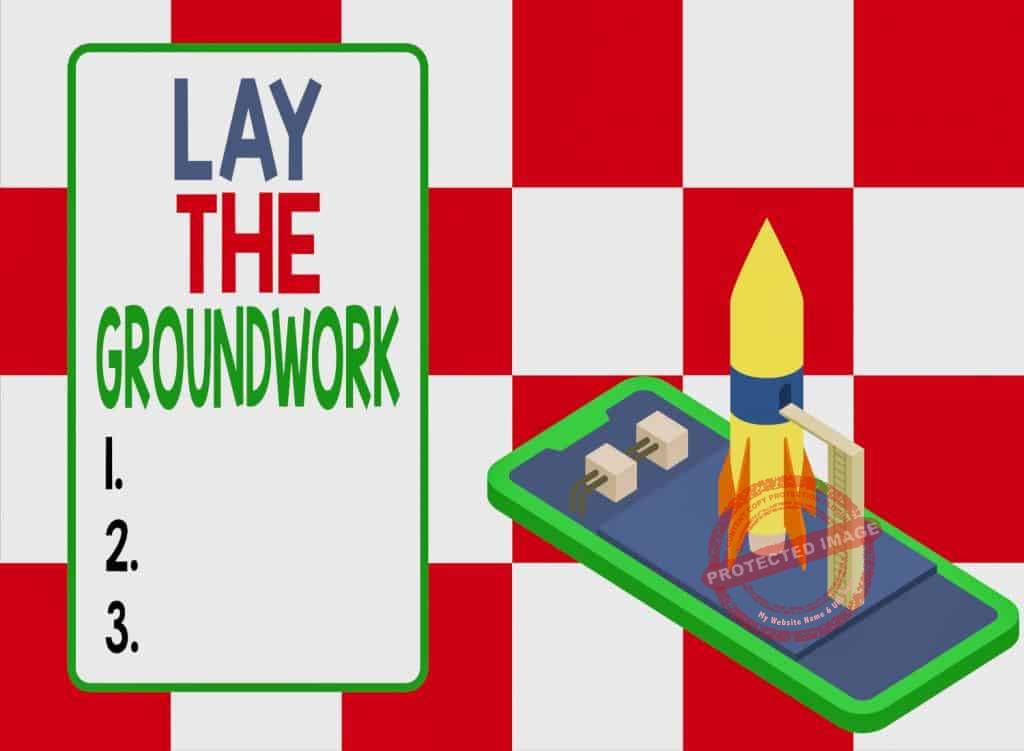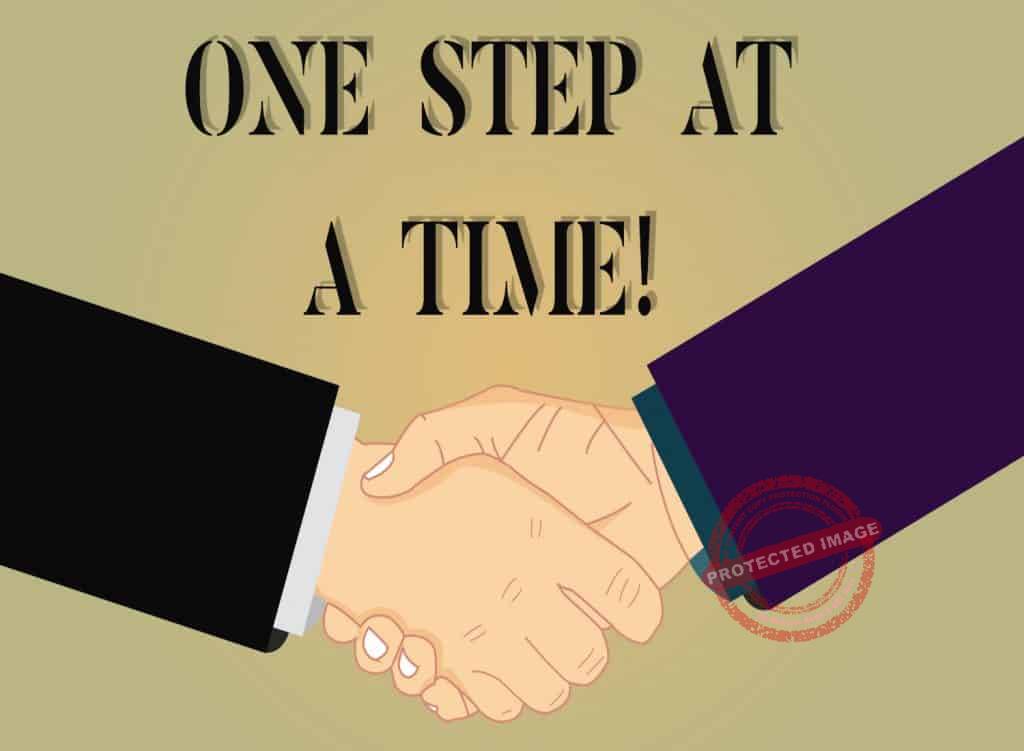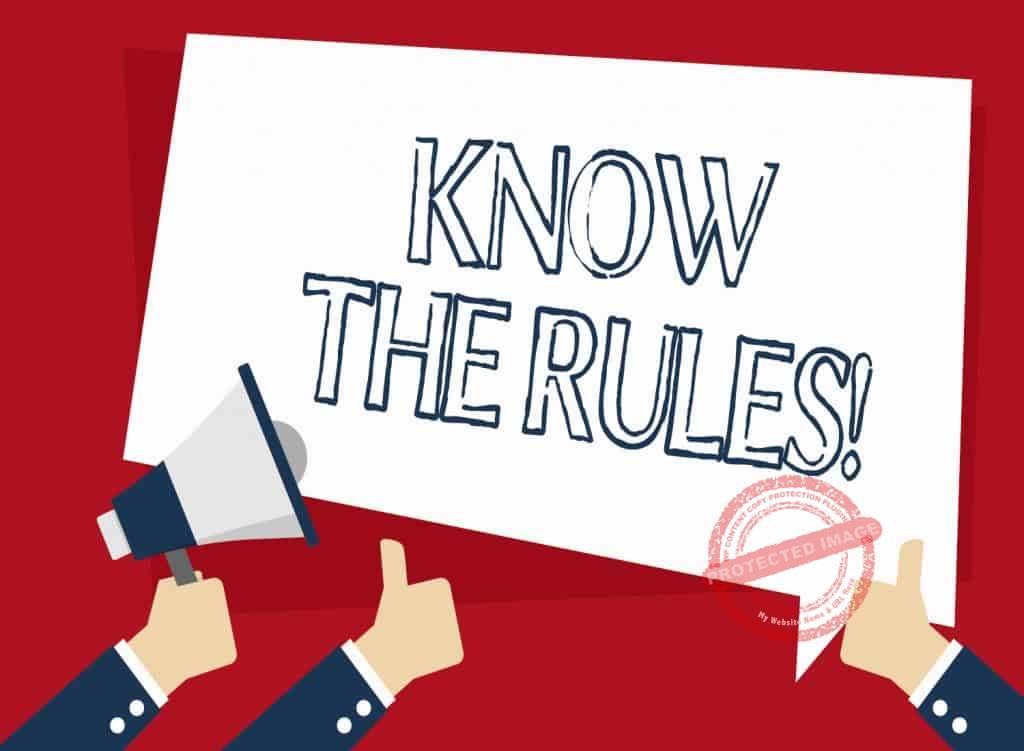Did you know that there are different types of negotiation every small business owner should know? Negotiation is a very important aspect of any business. Moreso, business owners who don’t know how to negotiate find it difficult to run a successful business. Due to this, we’ve diligently written this piece to inform you about all you need to know on the different types of negotiations.
Negotiation is the act of trying to reach a mutual and beneficial outcome between two parties through dialogue or peaceful discussion.
Negotiation is the everyday give-and-take of social relations and communications.
The moment your eyes and ears are pitched to the language of negotiation, you will begin to understand that every person has experienced negotiating at one point in their lives.
Some of those many daily negotiations are trivial and may not deserve care and conscious thought.
However, you will realize that many still do matter.
The odd thing is, most people seldom recognize that they are indeed negotiating.
All the while they thought they are just talking, when in fact, negotiation is already at place.
They do negotiations in their daily endeavors one way or the other without being aware of it.
People use a lot of different terms to describe these things that they do all because they rarely recognize that they are engaged in negotiations.
Now, you have a basic understanding of what negotiation is all about.
So, let’s dive into the types of negotiation you should know about as a business owner.
Types of Negotiation Every Small Business Owner Should Know

Negotiating is like a game.
Since it is like a game, this means that there are certain rules guiding how to negotiate.
There are do’s and don’ts for what can be done in negotiation.
In some negotiations, these rules are clear.
They may even be written in a contract or a set of procedures.
Sometimes the rules are not clear.
Successful negotiation is only possible if you apply the right techniques.
Hence, as a business owner, you should know the different types or techniques of negotiation.
This will give you an edge and equip you to have a successful negotiation process.
The different technique or types of negotiation include;
Negotiating To Win Type Of Negotiation

The first type of negotiation every business owner should know about is the negotiation to win technique.
This is one of those negotiation techniques that often presents negotiators who want to win.
You have to recognize that both parties may have different definitions of winning.
For the buyers, it is more about getting a new product or service quickly.
On the other hand, for the seller, it is all about getting your price and not making further improvements.
Given this, don’t forget to leave something on the table.
This is so that the other party can walk away with dignity and live with the conditions of the deal as well.
Even when you have the other party on the run, avoid degrading them or using harsh words just so you can win.
You have to realize that not all deals can be won.
Hence, be prepared to accept and deal with this fact.
On the other hand, you never really know if there is a deal to be made until you try.
If you keep trying and the other party seems to get further away instead of closer, then you may need to search for an alternative.
You don’t have to play every competitive negotiating game to its final whistle.
Sometimes, you find you are on the wrong playing field and with the wrong competitor, and the smartest thing to do is to just walk away as gracefully as you can.
Compromising (split the difference) Type Of Negotiation

This is one of those types of negotiation called a “satisficing,” strategy.
This is a negotiation technique every business owner should know about.
The satisficing strategy is a negotiating strategy that involves negotiating around alternatives until a mutually acceptable agreement is reached.
It embodies an arrangement of the approach used in diverse situations.
The compromising strategy is used when both parties find it challenging to reach an agreement and still want to work together to achieve common goals.
It is also often used when both parties are under time pressure and need to come up with a sound resolution as quickly as possible.
Additionally, it is used when both parties do not have enough push to work toward a completely collective agreement.
Each party will give in a bit (compromise) to find a common ground.
Avoiding (lose-lose) Type Of Negotiation

Another negotiation technique you should know about as a business owner is the avoiding technique.
This type of negotiation is applicable when where priority is placed on the relationship that exists between both parties.
In order not to destroy the relationship that exists, both parties opt to withdraw from the negotiation.
In other words, both parties lose the negotiation.
This is so that, the relationship they share is still maintained.
Competing (win-lose) Type of Negotiation

In this type of negotiation, priority is placed on the outcome of the negotiation process rather than on the existing relationship.
This negotiation technique usually ends in a win or lose outcome.
You use this strategy if you want to win at all costs and do not bother about the future state of the relationship.
Accommodating (lose to win) Type Of Negotiation

In this type of negotiation, one party must be willing to accommodate the other.
Furthermore, in this type of negotiation, importance is also placed on the relationship that exists over the outcome of the negotiation process.
This situation lets you decide on just backing off your point of interest just so you can preserve whatever is left in the business relationship.
You intentionally “lose” on the outcome aspect in order to “gain victory” on the relationship aspect.
Collaborating (win-win) Type Of Negotiation

This defines a strategy where there is a high priority for both the relationship and the outcome.
In this strategy, both parties make an effort to make the most out of their outcomes while preserving or enhancing the existing relationships.
This outcome is most probable when both parties involved can look for an acceptable result that meets the demands of each party.
Useful Tips For Negotiating A Business Deal Business Owners Should Know

There are a number of tips for a successful negotiation that you should have in mind.
These tips also serves as the different stages of the negotiation process.
Here are 5 stages of the negotiation process every business owner should know about.
Preparation Stage

This is the primary stage of negotiation where all information is gathered and goal setting and planning take place.
Gather Information

This is the second step to a successful negotiation you should know about as a business owner.
You need to decide what kind of information you need.
However, you should gather information on these two areas.
- Firstly, gather information about those on the other party.
Gather information on their goals, and objectives, how they are likely to view you, and what they may want to achieve in the negotiation.
- Also, gather the information that will help you define your own objectives and reason for what you want to accomplish in the negotiation process.
The type of information you need to gather will depend on the type of negotiation technique you aim to use.
There are two essential skills to make sure that you are able to acquire excellent information during the gathering stage.
These skills are the ability to ask probing questions and the ability to listen intently.
Asking informative, probing questions usually requires being able to speak up and ask open questions.
What are open questions?
These are questions that get the other party to talk extensively.
On the other hand, great listening skills requires that you are able to understand what the others are saying and read their emotions through spoken words.
Do Planning and Goal Setting

The next important step every business owner should take when negotiating is to do planning and goal setting.
Successful negotiation requires you being able to plan and set goals for the negotiation process.
There is a need to map out the way you want the negotiation to progress to go.
Additionally, you need to take a time out to determine what you want to achieve.
Important parts of planning and goal setting include:
- Assembling the information you gathered to decide how to present it to achieve your objectives.
- Determining what alternatives you have, should you fail to successfully negotiate the deal.
- Defining what you want to accomplish.
- Assembling information that you are able to gather in order to understand how the other party will tackle the negotiation.
- Defining your limits, or how far you will go before walking away or not settling.
- Deciding on your opening, or what you will initially offer or request.
- Developing a proposed discussion agenda.
Opening Stage

The opening stage is meant for laying out all your cards and your arguments.
You use the information you have gathered to construct the most persuasive argument you can.
This is your opportunity to state what you want, why you want it, and why the other side should give it to you.
It is vital that you are clear about your objectives.
This is so that you are able to argue well for what you want and to be able to listen to what the other party wants so you can better present counterarguments.
At this stage, it is also important to listen to the other party’s presentation.
Take note of their arguments as well and listen clearly to what you think is most important to them.
This is a critical time to ask questions and learn as much as you can about what they want.
Bargaining Stage

The next stage of the negotiation process every business owner should know is the bargaining stage.
This is a very important stage in the negotiation process.
In this stage, you need to be fully equipped with the rules of the negotiation process.
This is so that, you can play the classic negotiation game of give-and-take.
Parties in negotiation normally expect that opening demands are made larger than life and that one or both parties will have to make sacrifices to reach some point of agreement.
The bargaining process is where you move from your opening bid toward your target and get the other side to do the same.
Depending on whether the game is more competitive or more cooperative, you will want them to do more of the moving than you.
Closing Stage

This stage is for wrapping up the final agreement.
It involves reviewing what you have agreed to, clarify anything that was left ambiguous or incomplete in the previous discussion and then shake hands.
You may also exchange money or resources depending on what is as specified in the deal.
Closing formalities are necessary for negotiations.
In almost all kinds of negotiations, whether competitive or not, it is vital to use the closing stage to formalize what you have agreed to.
It is also useful for settling any animosity that may have been built up during the negotiating stage.
Implementation Stage

This is another critical stage in any business negotiation.
Once you have formulated an agreement, you may also be one of the people involved in putting it into action.
At this point, both parties may have discovered some flaws in the agreement.
Expect to face new issues.
There will also be new challenges that might arise that no one has ever anticipated, and those on the other side didn’t do things they said they would do.
The implementation stage is considered to be the most critical of all the negotiation process stages.
Every settlement should generate a chance for both parties to renew negotiations should there be challenges that may arise during the implementation stage.
Additional Tips and Approaches To Negotiations Every Business Owner Should Know

If you follow these rules of thumb, you should be able to strategize a successful course of action before and during the negotiation process.
These are additional tips on how to do successful negotiation.
Never Expose Your Target Until You Are Close To Reaching an Agreement

Make available less information to the other party with regards to your true target point.
If you let your target point be known, you will be open to manipulation particularly if you think you can do better than your target point.
So reveal your target point only if you can’t possibly do better.
Keep Your Concessions Few

When you have to give in, do so in small increments, one item at a time.
Be patient, and remember that time is on your side.
Most negotiators dislike the uncertainty of the middle part of a negotiation and rush their concessions to attempt to get through to the firmer ground of the end-stage.
Be persistent and wait them out.
They may make extra concessions just to make themselves feel better about the pace of the negotiation.
Instead, let the other party make big concessions.
If you believe that the pie is limited in size, then you may want to get as much of it as you can.
Stick To Your Planned Target And Walkaway Points

Try not to be manipulated by the other party.
Watch out for the tendency to find a midpoint between the other party’s asking price and your first offer and to settle there too quickly.
Once both sides have stated their opening, there is a tendency to jump to the middle of those two points and offer a settlement.
Don’t agree to split the difference unless it is really close to your target (or better).
Stick to your planned goals.
Remember that you can usually make a better deal if you make more concession moves but smaller in magnitude.
Never Reveal Your Walkaway Point

Never let opponents know your limits.
If you do, they will immediately try to settle as close to your walkaway point as possible.
Even worse, they may assume that this was a bluff and try to get you to make a deal less than your walkaway point.
Tell them as little as possible about your walk away even if they keep asking you questions about how far you are willing to go.
It’s perfectly acceptable to ignore a question like this and refuse to answer, or to respond with a question of your own.
Never reveal your walkaway point.
Don’t even allow yourself to get drawn into any form of discussion about it.
And if they are actually at or below your walkway point, don’t be afraid to get up and leave the room.
- Investigate the other party’s level of concern for the outcome, other issues, and the costs of ending negotiation.
You may learn this through direct information.
Try to find out whether there are other issues that are important to them.
To learn about their concerns while masking your own, ask them questions, but try to deflect their questions to you.
Their information can be extremely useful in planning your tactics.
For now, keep asking questions, and answer many of the questions posed to you with your own questions.
Conclusion On Types of Negotiation Every Small Business Owner Should Know

That’s all you need to know about the types and techniques of negotiation as a business owner.
There may be other big negotiations in your life.
Whatever the conflict, however personal or business, the principles of negotiation still apply.
Do your research.
Reach out to make sure you are communicating clearly.
If things break down, take a break.
Propose using a mediator.
Ask more questions until a sound, competitive negotiation is at place.
With these tips in mind, you’ll be on your way to experiencing a successful and rewarding negotiation process.
There are other useful contents linked to this article.
Read them as they are very informative and helpful.
Click on Buy Now For a PDF Version of This Blog Post
 |










